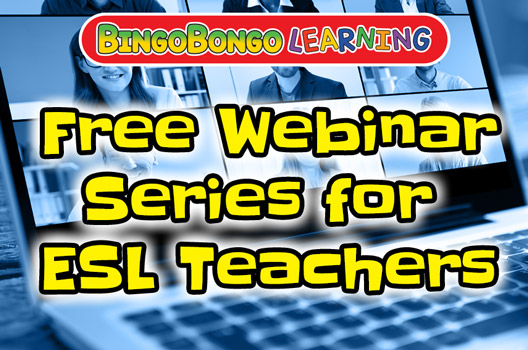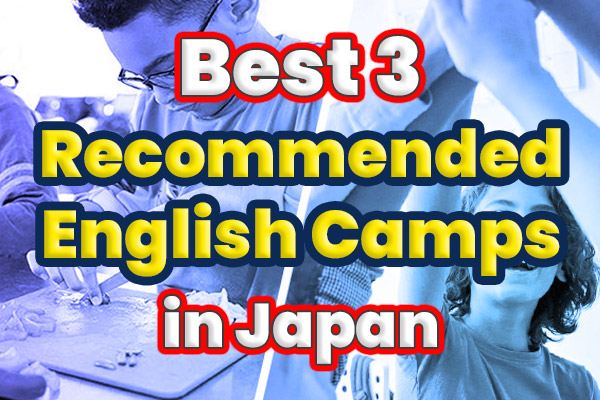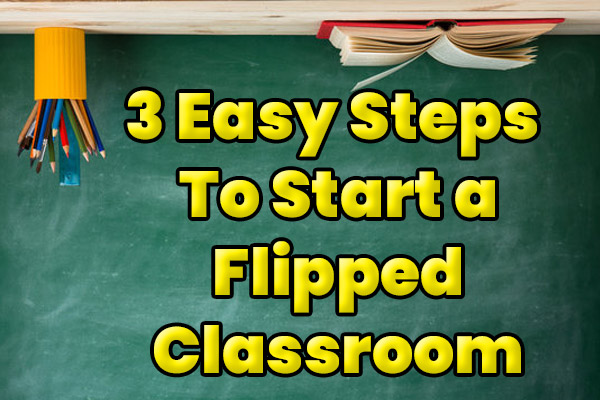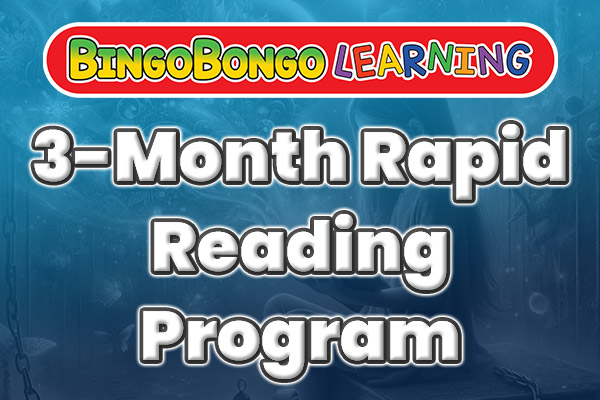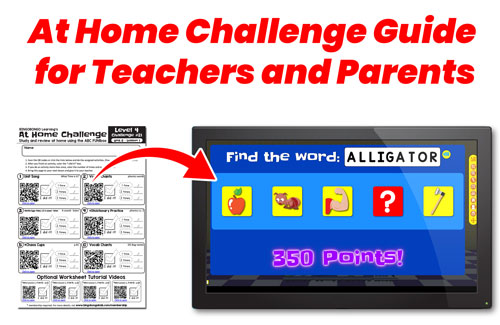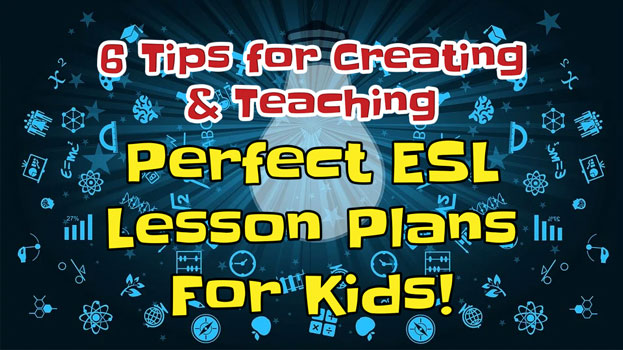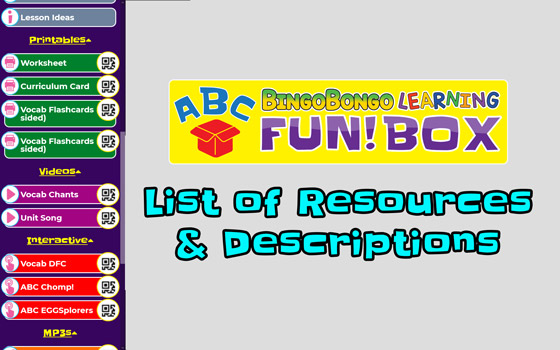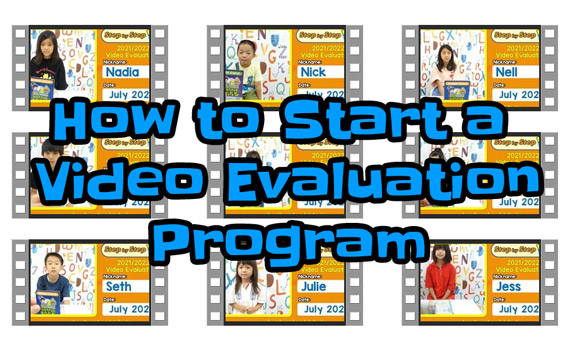Using the four Rs of EFL/ESL English education will help you teach more effectively.
In this article, I will explain the four Rs of EFL/ESL English education. I developed this idea to help improve my approach to teaching and lesson planning. Each time I plan a lesson or design a new curriculum for my students, I follow the guidelines of these four Rs which allow me to plan effective lessons that help my students learn and master English more efficiently.
When teaching English as a second language or as a foreign language (EFL/ESL), we must remember that the techniques and processes are different than teaching English as a native language. When learning English as a native language, the brain is being programed from a fresh start, learning the logic and organization of the language without any previous information to cause confusion. After the first language is programmed into the brain, however, adding a second language with a different grammatical structure or logical organization will conflict with the first language and make language acquisition of the second language more difficult.
Imagine buying a brand-new computer with no operating system installed. If you first install Windows and then try to install a Mac operating system, the computer would have difficulty processing both operating systems at the same time. Trying to learn English as a second language after learning a different native language is similar, and for this reason, we must take a different approach when teaching English as a second language or foreign language.
Understanding the four Rs of ESL/EFL English education to be a better teacher.
The four Rs of EFL/ESL English are Reason, Repeat, Remember and Review. By understanding these four Rs and the importance of applying them to language education, you will be able to design more effective curricula and see better results in your students’ progress. It’s arguable that Reason is the most important of the four Rs, but I will discuss it last. Let’s first understand the importance of Remember, Repeat, and Review.
The last three Rs, Remember, Repeat, and Review, are fundamental to learning anything involving muscle memory. This could be learning how to play guitar, how to swim, or how to drive a car. These three Rs also apply to learning language, and they are the foundation of BINGOBONGO’s Focused Repetition Method used in many of our resources including our Super Easy FUNbooks. Simply stated, the Focus Repetition Method is a process of selecting a single topic to focus on, repeating a set of teaching activities until it has been remembered and internalized, and then moving on to the next topic.
When learning the alphabet, for example, native speakers can learn the uppercase and lowercase letters simultaneously because the letters are usually familiar from singing the alphabet song, as well as seeing letters in everyday life. EFL Learners, on the other hand, can become easily confused when simultaneously learning the letter names, uppercase forms, and lowercase forms. For that reason, the Focus Repetition Method breaks each part into individual steps. First, students focus on learning only the names of the letters. After this step is mastered, they then focus on only the uppercase letters. Next, students focus on learning the lowercase letters forms, and finally, the phonetic sounds of the letters are learned.
The final R, Review, is equally important to Remember and Repeat, and it shouldn’t be overlooked. Native speakers will have plenty of opportunities to review newly learned material through immersion. EFL students, on the other hand, might not have any opportunities to get review in daily life. Therefore, adding Review is a necessary part of an effective curriculum.
The last three Rs, Repeat, Remember, and Review, are easy to implement through activities, games, worksheets, and textbooks. In fact, most teachers use these three Rs without much thought because they are a logical approach to teaching. If a teacher overlooks the first R, Reason, though, there is a strong chance that students aren’t learning in the most efficient way.
Why is Reason the most important of the four Rs?
The biggest difference between native speakers learning English and ESL/EFL students learning English is that native speakers are constantly immersed in the language, but ESL/EFL students may not have any exposure outside of their English class. This is only 40 – 50 minutes, once per week, in the case of many English conversation schools in Japan. Therefore, having the most efficient curriculum possible is necessary to master speaking, listening, reading, and writing. If a teacher doesn’t have a strong reason for doing a certain activity in a lesson, it could lead to an ineffective use of time and hindered student progress. At our English conversation school in Japan, Step by Step Eikaiwa, we are constantly thinking of ways to improve our teaching efficiency and make sure we have a solid reason for all our activities. The same thought process goes into making all BINGOBONGO Learning’s resources as effective as possible as well.
To sum everything up, the four Rs of ESL/EFL English education are useful for planning effective lessons and designing high-quality teaching resources. The four Rs can be implemented in many ways, and there’s no one correct approach to building a curriculum. Anytime you plan a lesson, do an activity, or an assign homework, make sure to apply the four Rs, starting with having a solid reason for doing each activity or assignment. This will allow you to improve your lessons and build a well-designed, efficient curriculum.
By the way, if you’re looking for a career in EFL/ESL education there are tons of great sites out there. A good place to start is ESL Jobs on Jooble!
There are plenty more articles for language school owners below!
Starting your own language school can be a rewarding career path, both financially and personally – so check out our other articles on this topic to find out everything you need to know about setting up and managing your own English language school (eikaiwa school in Japan)!
Free EFL/ESL Webinars for English educators and school owners
Transform Your EFL/ESL Teaching: Free Webinars for English Language Educators & School Owners Discover ...
Simplify Your Lesson Planning with the BINGOBONGO FUN!box
The FUN!box has everything you need for great lessons every time! The BINGOBONGO FUN!box ...
5 Great Resources for Teaching Programming to EFL/ESL Students in Japan
5 Great Resources for Teaching Programming to EFL/ESL Students in Japan In this article, ...
5-device IR Thymio Remote Control Easy Installation Instructions
Installation Instructions for the 5-Device Thymio Remote Control Installation Instructions for the 5-Device Thymio ...
8 Great Educational Robots for Kids’ Programming
8 Great Educational Robots for Kids Programming Programming is no longer a niche skill ...
Launch a Successful STEAM + EFL/ESL Programming Course in 5 Easy Steps
Launch a Successful STEAM English Programming Course in Japan in 5 Steps Start an exciting ...
iRobot Root Lite (rt0) vs Thymio II Wireless – Best Educational Robots Comparison
Comparing two popular classroom educational mobile robots: Thymio II Wireless and iRobot Root Lite ...
10 Exciting STEM/STEAM Activities to Motivate ESL/EFL Students in Japan
Motivate Your ESL/EFL Students with These 10 Exciting STEM/STEAM Activities Discover how including STEM and ...
Plan Amazing Lessons in Less Time with BINGOBONGO’s GoZone
Introducing the GoZone, a powerful, new resource for English teachers The BINGOBONGO GoZone is ...
Best 3 Recommended English Immersion Camps in Japan
If You're Interested in Joining an International English Immersion Camp, Check Out Our Best ...
Start an EFL/ESL Flipped Classroom in 3 Easy Steps
You can start an EFL/ESL flipped classroom in 3 easy steps! In the changing ...
The Incredible BINGOBONGO Rapid Reading Program | Start Reading in 3 Months!
The BINGOBONGO 3-Month Rapid Reading Program is changing the way students learn to read! ...
10 Exciting Online ESL Christmas Games for Kids in the Classroom or Online Lessons
Table of Contents: Online ESL Christmas Digital Flashcards Christmas Spelling with ABC EGG-Splorers Christmas ...
At Home Challenge Cards and Guide for EFL/ESL Self-Study
Boost Learning at Home with At Home Challenge Cards for Consistent English Practice (EFL/ESL ...
How to make a 65″ Touch Screen TV with an IR Frame in 4 Easy Steps | Cheap Interactive Whiteboard Alternative
Learn how to make a 65" Touch Screen TV using an infrared IR Frame ...
Free EFL/ESL Webinars for English Teachers
Learn from experienced professionals in our Free EFL/ESL Webinars for English Teachers & School ...
6 Tips for Creating Perfect ESL Lesson Plans for Kids
These 6 tips will help you prepare perfect EFL/ESL lesson plans for kids every time!Whether ...
ABC FUN!box Tutorials and User Guide
How to use the ABC FUN!box (Instructions and Tutorials) Please ...
ABC FUN!box Resource List and Descriptions
Here's a list with descriptions for all the different types of resources and features ...
How to Start an EFL/ESL Video Evaluation Program in 3 Easy Steps
Start a Video Evaluation Program in your English lessons in 3 easy steps! If ...




